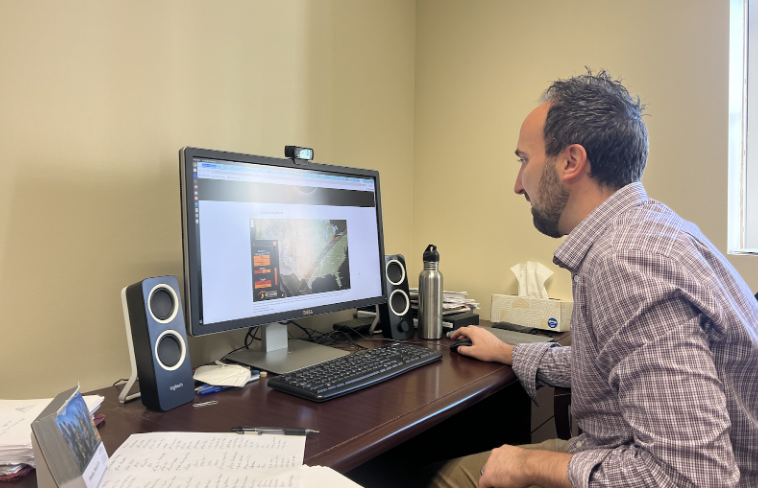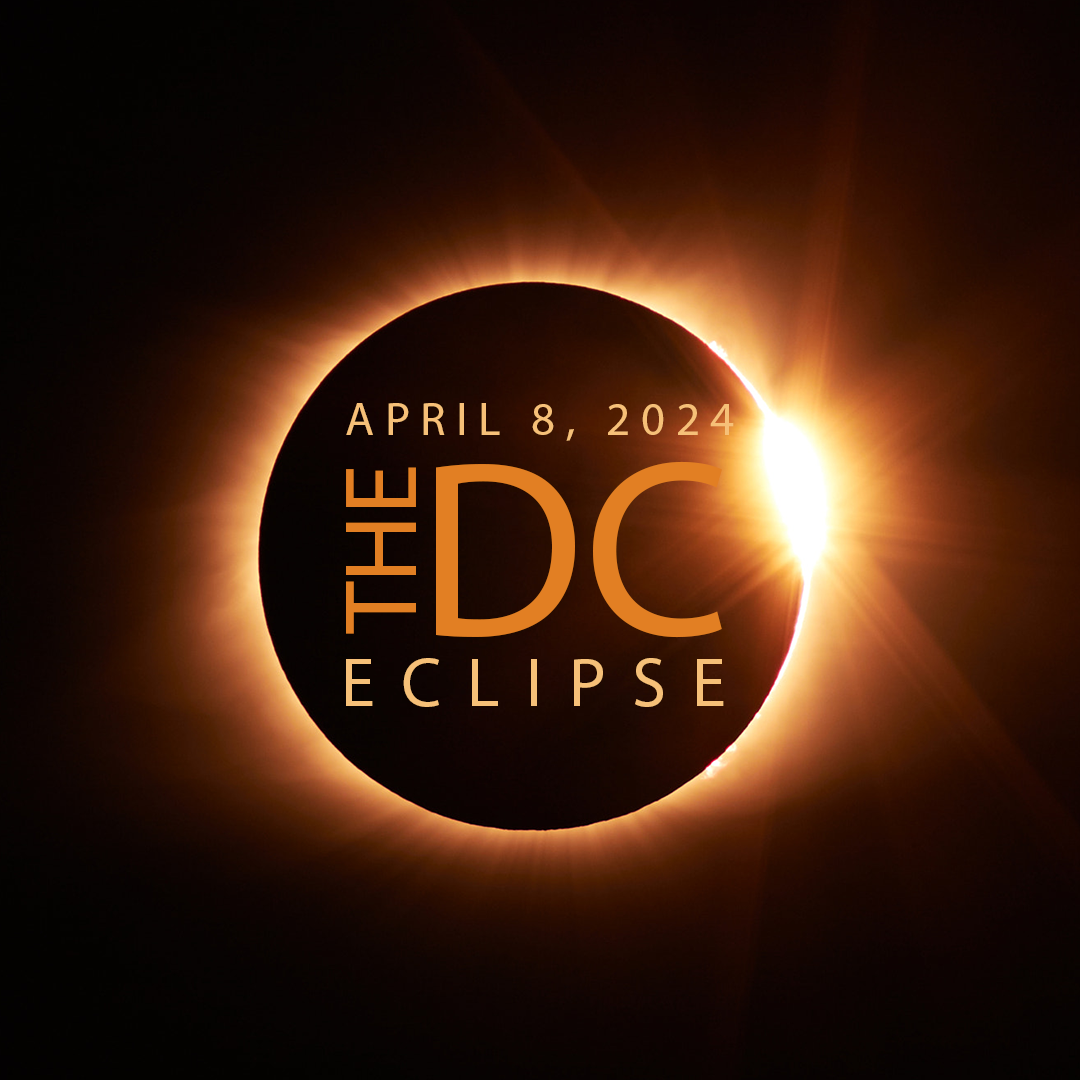
Sept. 11 has, for over a decade now, marked the day in American minds when our country was changed significantly.
And while previous generations of Americans have similar associations with their patriotism and whatever event it was that dictated its path, 9/11 remains the most vivid event in the United States of 2013.
Now 12 years after the devastating attacks, the shifts in American domestic and foreign policies have materialized and become increasingly evident.
As the current events now reflect a wide variety of sentiments toward issues including security, international accountability and wartime practices, Political Science Professors James Hollifield and Matthew Wilson shared more in-depth the tie-ins that can be clearly identified with Sept. 11.
“9/11 taught us that we are very vulnerable, that we are — obviously — a dominant world power, that we have a lot of enemies,” Hollifield said. “The success of that attack definitely got American attention.”
Wilson said that the 9/11 attacks and the country’s response to them “put America on a permanent war footing.”
“We have to think now much more than we once did about non-state actors,” Wilson said, in reference to independent organizations such as al-Qaida. “Other governments are not the only global entities that may be eager and able to do us harm.”
Wilson said that President Obama has “continued and even expanded almost all” of the policies former President Bush instituted in the initial attack on terrorism.
Decisions regarding “drone strikes, domestic surveillance and detention at Guantanamo” were made initially by Bush and continued by Obama.
Such have “contributed to bipartisan consensus” to take a hard line with “international terrorism,” which Wilson explained happens “regardless of public rhetoric.”
“No matter how we try to help nations…or liberate with economic aid and military interventions, we still seem to be hated,” Wilson said of the U.S. reputation abroad.
“This has ultimately led to the current unwillingness to do anything about the human rights atrocities in Syria.”
Hollifield said that the U.S. is “always going to be confronted with these incredibly difficult decisions,” such as Syria, but “these are not
new challenges.”
When handling the “highly volatile, very dangerous region” that is the Middle East, Hollifield said that while the U.S. may be “too focused on the war…on terrorism,” it needs to balance being “careful and diligent.”
“You have to have sufficient force, [and] you have to be willing to project that force,” Hollifield said.
Hollifield continued to make the point that the realized threat of a “non-state actor” has led American security to tighten significantly – not only in war zones across seas, but also domestically.
“Certainly the whole American security apparatus — the Pentagon, the intelligence agencies — all of them, even immigration services, have been reorganized to prevent another 9/11 attack,” Hollifield said.
Wilson echoed this with the assertion that “the climate of hyper-security in which we live” today “all started with the events of Sept. 11.”
Hollifield did speak to the danger in overreaction, and in reorganizing “everything on the basis of this one event.”
“To the extent that an event like 9/11 forces us to close our society, to spy on ourselves, violate the liberties we are trying to defend, then obviously it is not a good thing,” Hollifield said.
Hollifield also said that America’s strength “comes from being a country of openness,” especially in trade and migration.
In referencing the recent NSA leaks, Hollifield said that as a country, “we need to rebalance our policies” while still recognizing that security liberties as they were before will rightfully be altered to protect against the possibility of
future attacks.
“Security is a preeminent focus,” Hollifield said. “We cannot let our guard down.”












